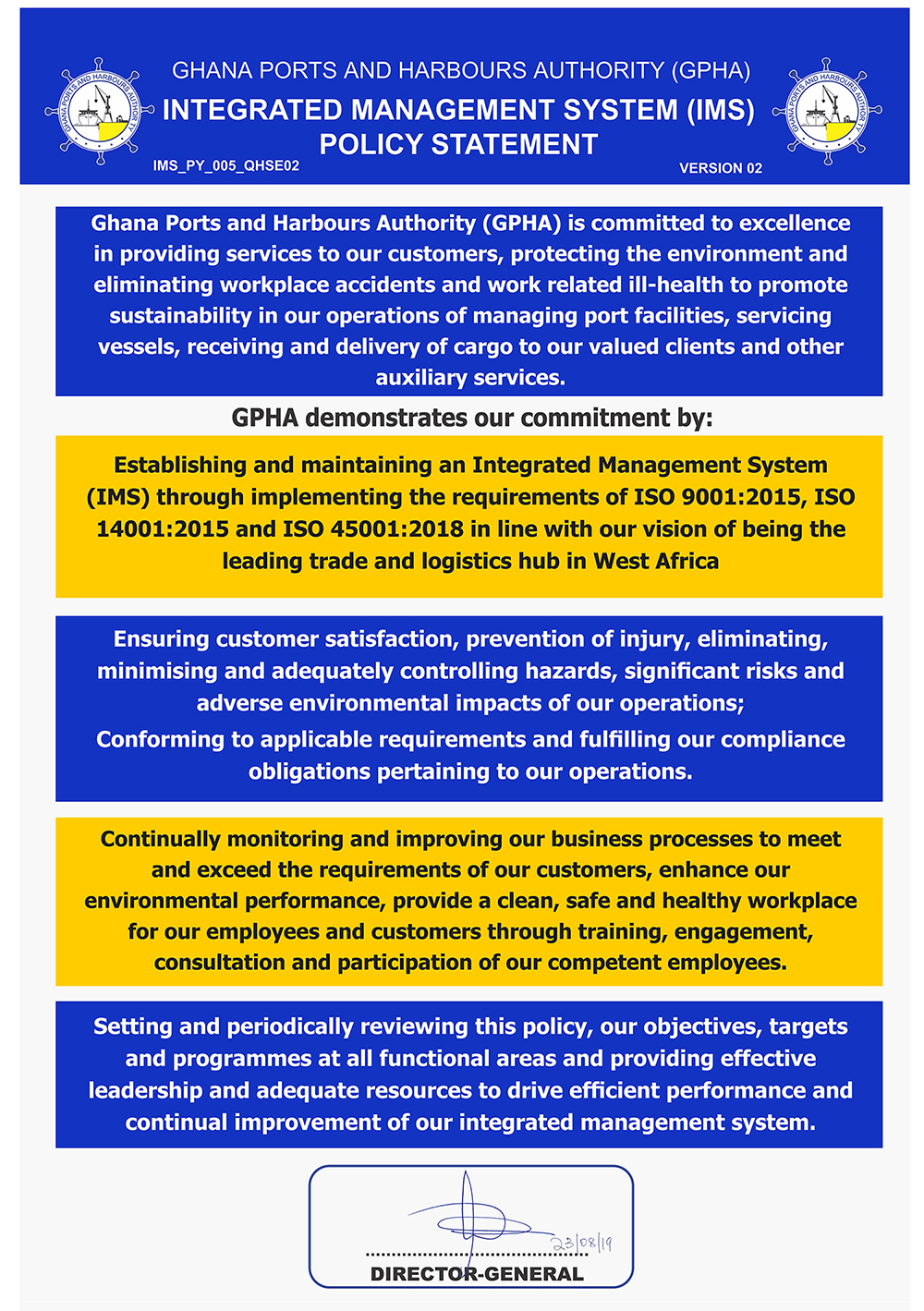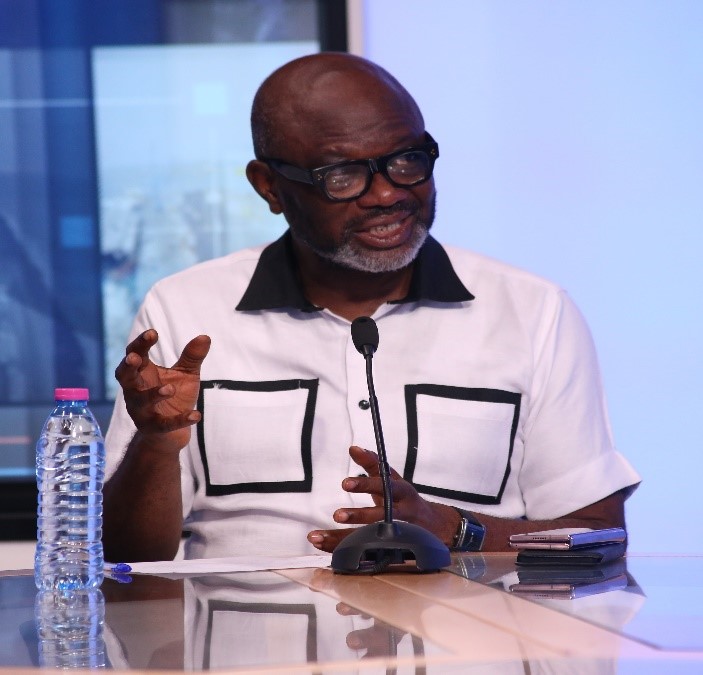

This week’s edition of Eye on Port saw the immediate Former President of Ghana Institute of Freight Forwarders (GIFF), Kwabena Ofosu-Appiah, and the current President of the Ghana Union of Traders Association, Dr. Joseph Obeng, disagree on the government’s benchmark value policy that has been in existence since 2019.
The Former President of GIFF was of the opinion government could alleviate the cost of doing business at the ports by considering other areas, other than the benchmark value.
Mr. Ofosu Appiah averred that, “I can bear with the magnanimity of the government to want to make life a lot easier for all of us. But I think if we burn the midnight oil, in a better way, we can come up with solutions that would probably give us the same effect. It is still in our domain to do something about the aggregation of the taxes we pay at the ports.”
He said the benchmark value policy appears to erode the regional trading objectives.
“When Nigeria was infringing certain ETLS protocols by no allowing plastic goods into Nigeria, we frowned upon that. Benin was also subjecting transit goods to payment of duties, we frowned on that arrangement. Now, we are also doing something that is eroding the commonality of trade.”
Dr. Joseph Obeng, President of GUTA
The President of the Ghana Union Traders Association (GUTA), Dr. Joseph Obeng however opined that each government should exercise their prerogative of implementing policies that inure to the benefits of its citizens.
“We travel to other West African countries to buy imported goods. It is because certain unique systems have been introduced to make those goods cheaper in those countries and help citizens do business at a reduced cost. This is also what Ghana is doing. There is nothing wrong here. If not, we would have been penalised,” he expressed.
While the President of GUTA acknowledged the efforts to introduce mechanisms that would catalyse trade, he remained unsatisfied with the cost of doing business at the country’s points of entry.
The Former President of GIFF, Kwabena Ofosu Appiah also called for the review certain questionable operations and charges that build up to the expected 15% increase in government fees at the ports.
Mr. Ofosu-Appiah said “the charges by the many statutory agencies are too many. Now that the budget is being debated if we can look at adjustment of pricing in our space. I would also like to call for the review of certain interventions such as the tax stamp as a port operation. Either they get a larger space for that exercise, or they redirect it to the warehouses of the importers. Also, the fumigation service, government has to take a second look at that, whether it is serving its intended purpose.”
The President of GUTA, Dr. Obeng, also expressed reservation when it comes to the revision of the VAT from flat to standard rates.
Kwabena Ofosu-Appiah, Former President, GIFF
Kwabena Ofosu Appiah, who is also a Senior fellow at the Centre for International Maritime Affairs, Ghana (CIMAG), also advised Ghana’s government to embark on a path of consistency so far as its policy direction on trade is concerned.
“Never again should we have this topsy-turvy approach to finding solution. From 2017, you could see the conversation, we had paperless, Dubai ports, UNIPASS, etc. We should not get into positions where every 8 years, there is a reset. That creates problems,” he explained.
Touching on border restrictions, the President of the Ghana Union of Traders Association, Dr. Joseph Obeng criticized the approach of ECOWAS in dealing with the COVID-19 pandemic and its attendant challenges with cross-border trading.
Dr. Obeng said, “they seem not to know what they are doing. They should have combated this disease in a unified way. There should have been harmonization of all the strategies so that as a sub-egion one policy to manage this disease so that cross border trade could be done without problems.”
Kwabena Ofosu Appiah on the other hand explained why the official reopening of the land borders is wise.
He said, “I can say on authority that everything is happening at the frontiers. People are going in and coming out doing business. It is only not properly documented and giving way for extortion because it is unofficial. If it is made official, we can put in the conditions necessary for opening the border and regulate who comes in or not.”